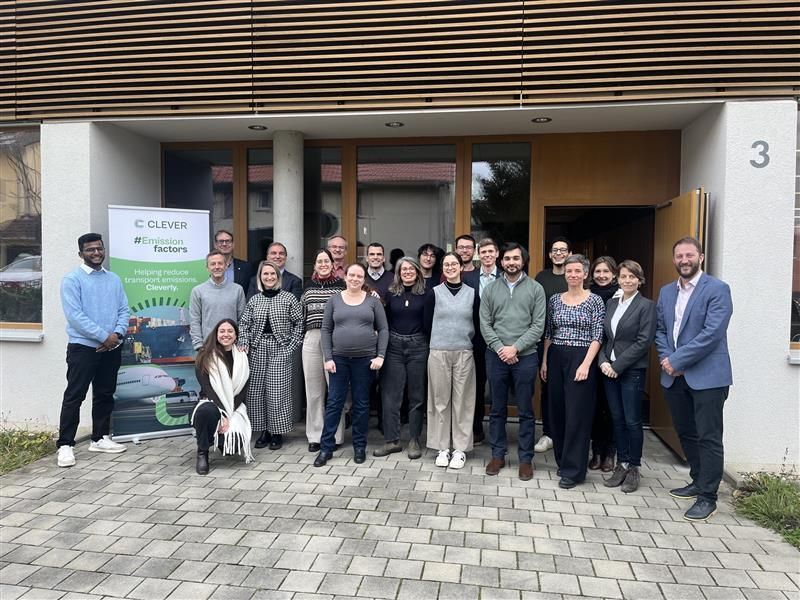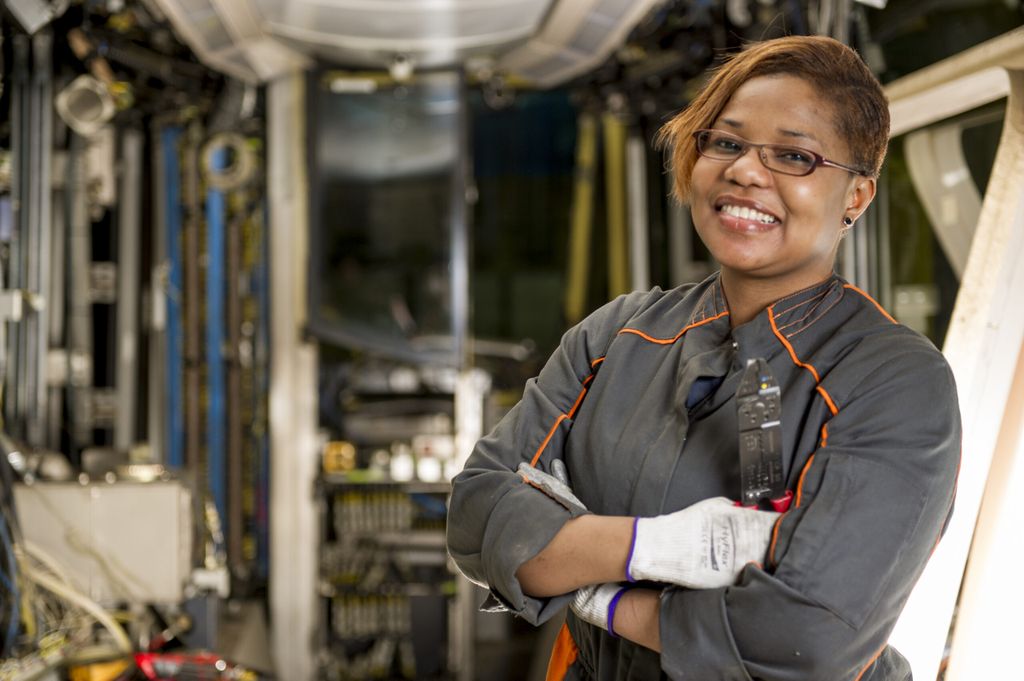
Sustainable Gender Practices in Mobility
Defining gender benchmarks and best practices
How can we develop mobility that offers people of all genders equal opportunities to access education, work, social and cultural activities?
Sustainable Gender Practices in Mobility is a 6-month project commissioned by the European Investment Bank, and undertaken by UITP and Goodpoint. Over this period, we will develop benchmarks on current gender practices in sustainable mobility and identify best practices related to planning, project implementation and operations.
For example, are women represented in the workforce on all management levels? What safety measures are in place to ensure passengers feel safe against violence and harassment? How are new projects integrating the needs of different users, ensuring they can get door-to-door comfortably?
The research which will contribute to mainstreaming gender equality in public transport projects. Much of the work will be supported by UITP’s Diversity & Inclusion Working Group. UITP will also draw upon extensive work from initiatives, surveys, and our advocacy campaign PT4ME.
Tackling issues with gender and mobility is a crucial part of the transition to inclusive, green societies. The public transport sector must reflect the needs of our communities and the work over the next six months will support the mainstreaming of gender in public transport projects.
Key facts
If women’s views were taken into consideration when designing and operating transportation systems, the use of energy and emissions from passenger transport would decrease by 29%.
If men would travel as women already do today, emissions would be reduced by 18%.
In the UK, the design of railway stations in a gender-responsive and inclusive way resulted in a return on investment of 2.4:1
Source: 2021, 2X Collaborative, 2X Climate Finance Taskforce, CDC Group plc, European Investment Bank (EIB), and European Bank for Reconstruction and Development (EBRD).









